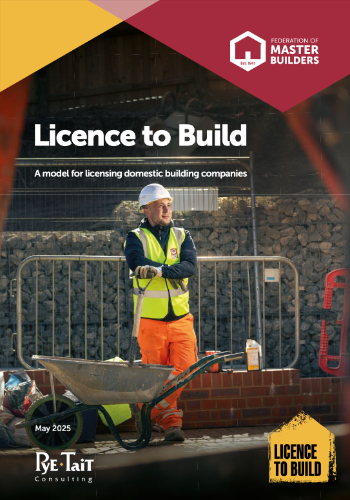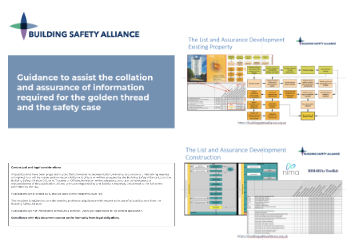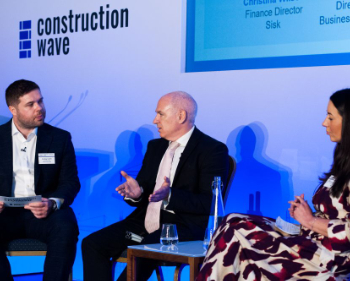The role of the mediator
Mediation is a consensual process of dispute resolution in which a third party mediator, appointed by the parties to the dispute, assists in the negotiated resolution of the dispute.
The role of the mediator is to give the parties the best chance possible of securing a resolution. To enable this they must facilitate negotiations, challenge assumptions and instill in both sides a sense of ‘reality’.
One of the key advantages of mediation is the inherent neutrality of the mediator, without pressuring the parties into settling or offering too readily their own viewpoint on the issues in a conciliation-style manner. The mediator does not enforce a settlement on the parties as in arbitration, nor do they simply participate in the negotiations. They are there to assist the parties to arrive at a mutually acceptable solution; they operate as a peacemaker.
The mediator is able to stand in a unique position since the parties will often confide in them during private ‘caucuses’ and as a result they will likely be able to see the potential for solutions from their ‘higher’ vantage point which the parties themselves may not appreciate. In contrast to the courts, where the primary concern is legal rights and entitlements, the mediator will try to focus the parties on looking to the future and their commercial interests, which often require a swift and harmonious settlement.
The mediator must keep in mind the fact the parties are both present for the same reason – they want a resolution to their dispute. They must ensure that an environment is fostered where people can speak without fear of reprisal or discrimination and that everyone is jointly focused on the task at hand.
There is often some confusion as to whether a mediator should follow facilitative or evaluative techniques, or whether there should be a complete and fluid mix of both. Providing the right environment, encouraging discussion, bringing the right people together at the right time, is the facilitation. Assessing strengths and weaknesses is the evaluation, from which the mediator should not be a dispassionate bystander. Mediators should be free and able to tailor the proceedings to best suit the parties. Whether more pre-meeting sessions need to be arranged or more experts brought in for example.
Clients demand engagement and commitment from mediators. The mediator is expected to be intuitive and emotionally intelligent, flexible in style and approach, dynamic but respectful, able to juggle lots of data, emotions and needs. A good mediator need not necessarily have expert knowledge, but it is essential that they have mediator training.
It is inevitable that the negotiating parties will never be 100% transparent with each other due to the belief that they may jeopardise their position. The presence therefore, of a totally independent third party, encourages them to divulge more sensitive information confidentially which will be used to form the mediator’s ‘bigger picture’ and to facilitate a better deal for both sides.
[edit] Related articles on Designing Buildings Wiki
Featured articles and news
International Electrician Day, 10 June 2025
Celebrating the role of electrical engineers from André-Marie Amperè, today and for the future.
New guide for clients launched at Houses of Parliament
'There has never been a more important time for clients to step up and ...ask the right questions'
The impact of recycled slate tiles
Innovation across the decades.
EPC changes for existing buildings
Changes and their context as the new RdSAP methodology comes into use from 15 June.
Skills England publishes Sector skills needs assessments
Priority areas relating to the built environment highlighted and described in brief.
BSRIA HVAC Market Watch - May 2025 Edition
Heat Pump Market Outlook: Policy, Performance & Refrigerant Trends for 2025–2028.
Committing to EDI in construction with CIOB
Built Environment professional bodies deepen commitment to EDI with two new signatories: CIAT and CICES.
Government Grenfell progress report at a glance
Line by line recomendation overview, with links to more details.
An engaging and lively review of his professional life.
Sustainable heating for listed buildings
A problem that needs to be approached intelligently.
50th Golden anniversary ECA Edmundson apprentice award
Deadline for entries has been extended to Friday 27 June, so don't miss out!
CIAT at the London Festival of Architecture
Designing for Everyone: Breaking Barriers in Inclusive Architecture.
Mixed reactions to apprenticeship and skills reform 2025
A 'welcome shift' for some and a 'backwards step' for others.
Licensing construction in the UK
As the latest report and proposal to licence builders reaches Parliament.
Building Safety Alliance golden thread guidance
Extensive excel checklist of information with guidance document freely accessible.
Fair Payment Code and other payment initiatives
For fair and late payments, need to work together to add value.
Pre-planning delivery programmes and delay penalties
Proposed for housebuilders in government reform: Speeding Up Build Out.
High street health: converting a building for healthcare uses
The benefits of health centres acting as new anchor sites in the high street.
























